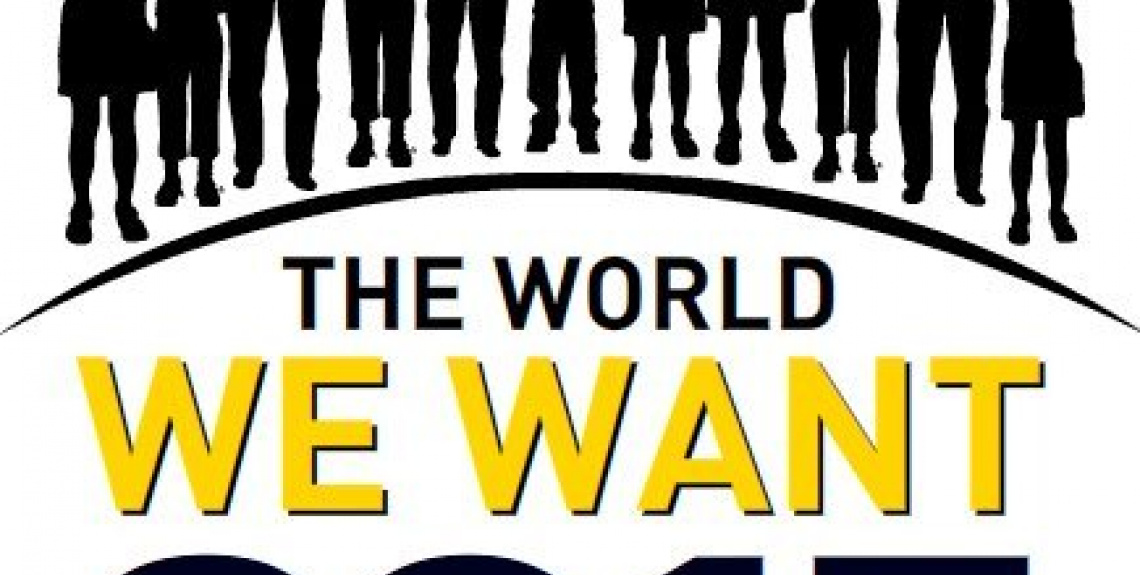As the 2015 deadline for the achievement of the 2005 Millennium Development Goalsapproaches the United Nations and the international community are preparing to define a new agenda that will follow on - the so-called Post 2015 agenda.
The Local and Regional Government Taskforce on Post-2015 UN Development Agenda
Local and regional authorities were identified as key actors in achieving the original MDGs and will therefore need to play an important role in the definition of this new global agenda. To ensure that the vision and concerns of local and regional authorities will be fully represented in the new development agenda UCLG President, Dr. Kadir Topbaş, expressed his commitment to bringing this vision to the High Level Panel for Post 2015 in which he will participate. He further proposed the creation of a Local and Regional Government Taskforce that will include all relevant sister organizations along with experts and partners, and focuses on catalysts of development such as: addressing inequalities, promoting participatory governance and creating the necessary conditions to provide basic services. The UCLG World Council that met in Dakar on the 6 December 2012 approved this initiative. UCLG will propose to organize the 1st meeting of the Local and Regional Government Taskforce with the sister organizations probably in New York at mid February.
Position of Local and Regional Governments
A first working paper on “The role of Local and Regional Authorities in the UN Development Agenda Post 2015” was also presented and discussed in Dakar. In this paper, UCLG stress the need for a more coherent approach at national and sub-national levels in the future development agenda, the necessity to pay more attention to the urbanization of poverty, building inclusive cities and territories, minimizing risk, including cross cutting objectives on governance and developing a sense of ownership and accountability at all levels, international, national and also sub-national. The success of alternative development strategies–underlines the UCLG paper-, will depend on a fundamental revision of the global partnership and the institutional and financial framework that should underpin the goals and targets.
In parallel, UCLG presented a paper on “Who can address inequality? – The often forgotten role of Local Governments” in the global thematic consultation on Inequalities. And also participated in the global consultation on Governance, in the 1st Regional Conference in Africa and in the first opened debate on the “governance building blocks for a post-2015 agenda” carried out through the site web the www.worldwewant2015.org with a two-phase questionnaire. In response to 1st Phase, the UCLG task force identified the drive towards increased local democracy and decentralization and the Principle of Subsidiarity as key building blocks. UCLG draws particular attention to the changing circumstances since the MDG and calls on innovative forms of participatory democracy to address inequalities and giving voice to the poor and most vulnerable.
In response to Phase II on, “human rights principles and obligations” to secure the best possible delivery of services in the Post 2015 agenda, UCLG highlighted that the process should not only be inclusive but relevant and locally owned while address the significant imbalance between new responsibilities and the resources available to implement them.
3rd meeting of the Post-2015 High level Panel - Monrovia, Liberia
Next step of the process will be the third High Level Panel meeting in Monrovia to focus on 'National Building Blocks for Sustained Prosperity'. The HLP meeting will be held between 30 Jan to 1 Feb 2013 and will include a dialogue with civil society and other stakeholders.
Discussions will be organized around the broad theme of 'National Building Blocks for Sustained Prosperity', with a particular focus on economic transformation. Kadir Topbas will present a contribution on Sustainable Urbanization.
More information: http://www.uclg.org/en/issues/mdgs-post-2015 for further updates.


